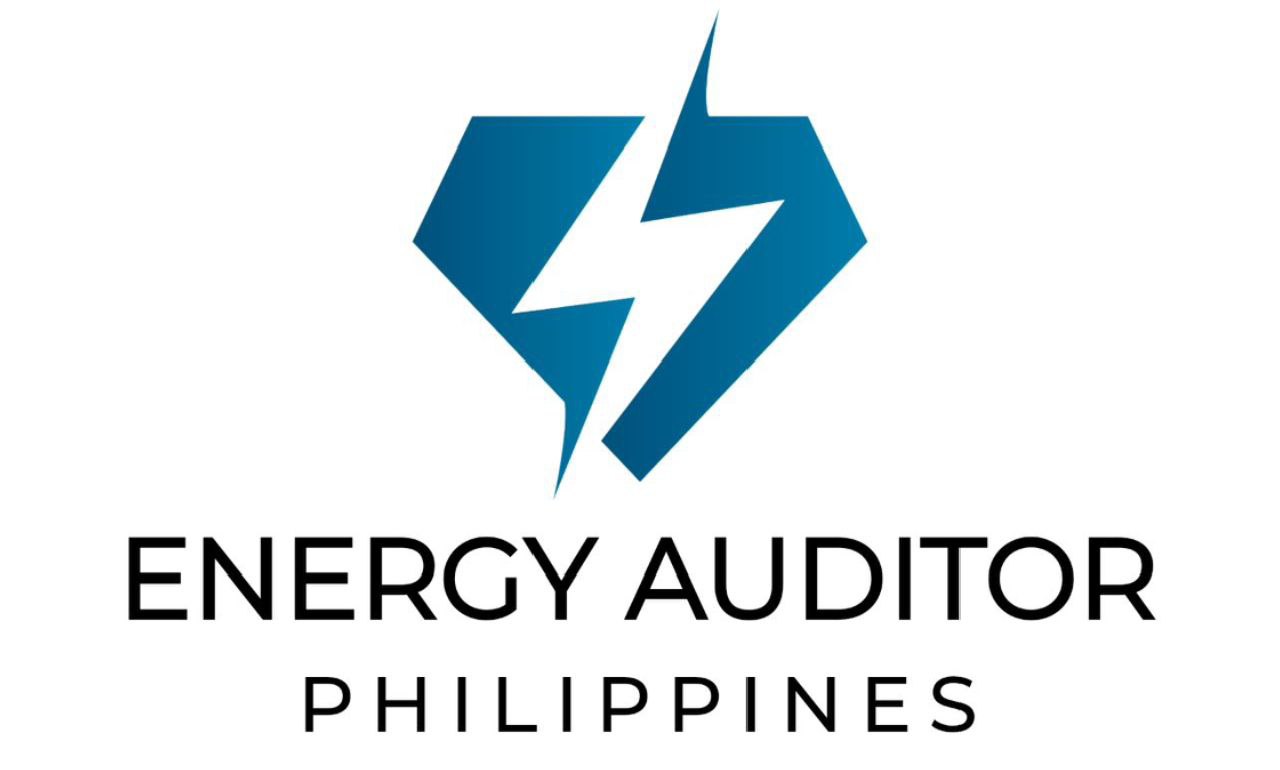In a world where the pursuit of sustainability stands as a global imperative, the Philippines emerges as a dynamic landscape where the significance of energy audits cannot be overlooked. With a burgeoning population, rapid urbanization, and a growing demand for energy, the country faces a pivotal moment in its quest for a sustainable and energy-efficient future.
Navigating Energy Landscapes Through Audits
Energy audits serve as powerful navigational tools in the complex landscape of energy consumption. In the Philippines, where various industries, commercial establishments, and households contribute to a significant portion of energy usage, audits provide a meticulous examination of energy flows and consumption patterns.
These audits unveil hidden inefficiencies, identify areas of excessive energy consumption, and present tailored solutions to optimize energy usage. By pinpointing where energy is being squandered, businesses, industries, and individuals can take targeted steps to minimize waste and enhance efficiency.
Addressing Energy Challenges
The Philippines encounters multifaceted challenges concerning energy sustainability. The nation grapples with the dual task of meeting the burgeoning energy demands of a growing population while mitigating the environmental impact. The reliance on fossil fuels, despite efforts to diversify, presents economic and environmental vulnerabilities.
Energy audits act as a proactive response to these challenges. By encouraging the adoption of renewable energy sources, optimizing existing systems, and promoting energy-efficient technologies, audits pave the way for a resilient energy ecosystem. This transition not only reduces dependency on conventional energy sources but also contributes to mitigating climate change effects.
Empowering Change Through Awareness and Collaboration
Empowerment through awareness forms a critical component in advocating for energy audits. Education campaigns, workshops, and public outreach initiatives play a pivotal role in fostering a culture of energy efficiency. When businesses, industries, and households recognize the tangible benefits—such as cost savings, reduced environmental impact, and improved competitiveness—they are more inclined to embrace energy audits as a fundamental strategy.
Moreover, collaboration remains key. The synergy between government policies, private sector initiatives, and technological advancements can amplify the impact of energy audits. Supportive policies, financial incentives, and capacity-building programs encourage widespread adoption and implementation of energy-efficient measures.
Towards a Sustainable Horizon
While challenges persist, the momentum towards a sustainable future fueled by energy audits in the Philippines continues to build. The collective efforts of various stakeholders—government, businesses, communities, and individuals—are steering the nation towards a more energy-efficient trajectory.
The journey ahead involves overcoming barriers such as financial constraints, technological limitations, and behavioral inertia. However, the strides made in embracing energy audits reflect a commitment to change and a recognition of the indispensable role they play in shaping a sustainable tomorrow.
In conclusion, energy audits stand as beacons guiding the Philippines towards a future where sustainability and energy efficiency converge. They are not just assessments; they are catalysts for transformation, fostering a culture where responsible energy consumption becomes the norm. Embracing energy audits is not merely a choice; it is an integral step towards securing a brighter, more sustainable future for the Philippines and its inhabitants.











































